-
ZERO SUGAR WINE
-
ZERO SUGAR WINE
ALL WINE
-
SHOP BY WINE TYPE
-
SHOP PRE-MIXED CASES
-
SHOP BY DIETARY REQUIREMENT
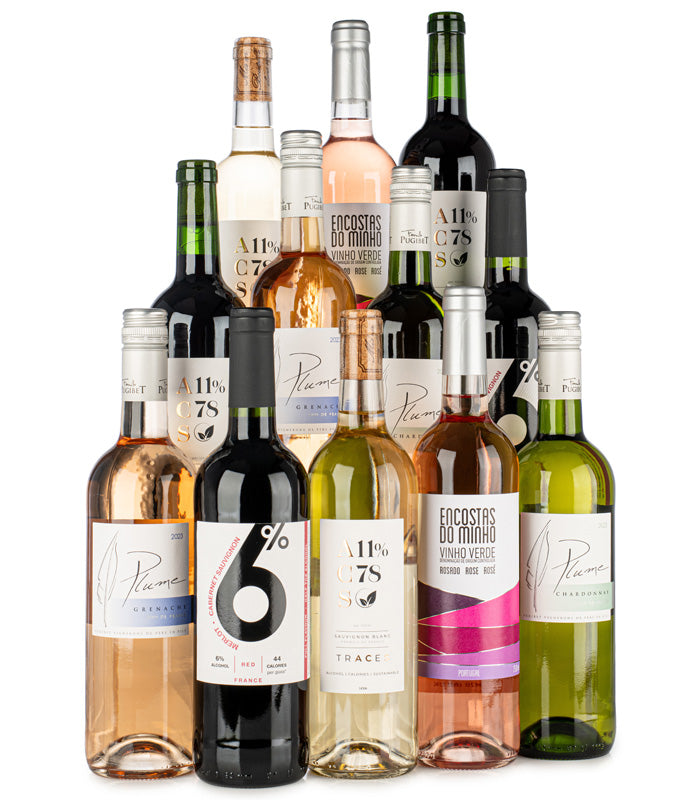
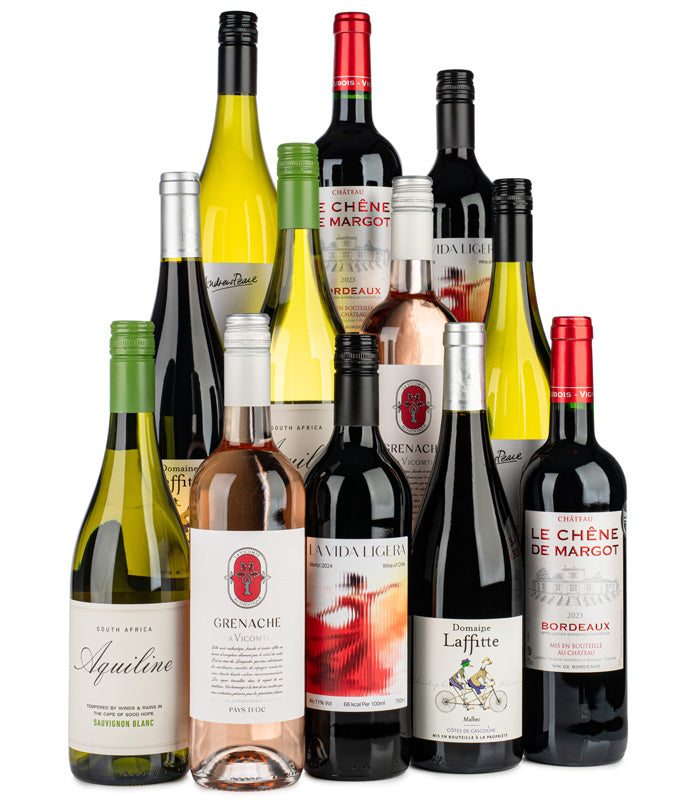
Limited Edition Winter Case
£129.99 £138.88
TRACES WINE
-
-
LOW CARB BEER
CHRISTMAS DEALS
WINE CLUB
LOYALTY


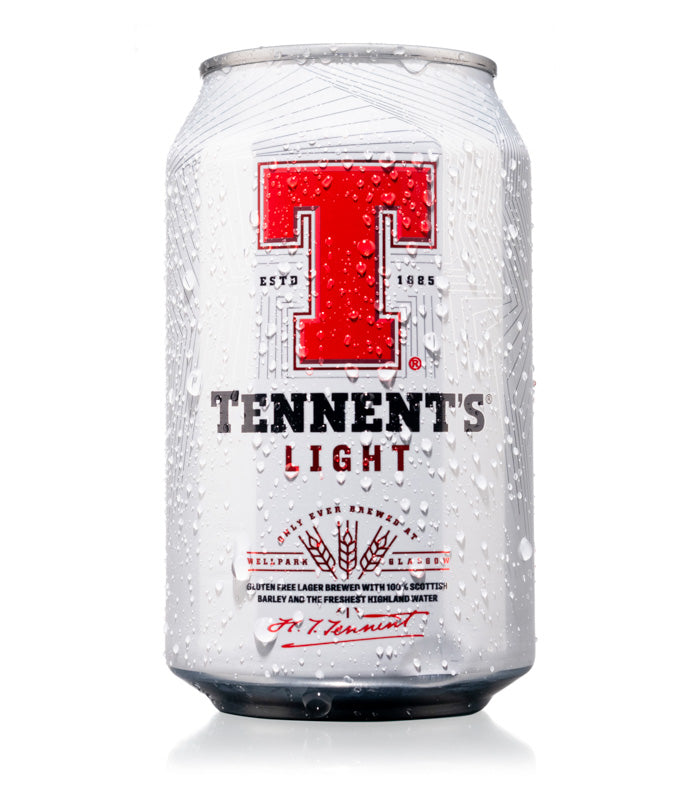
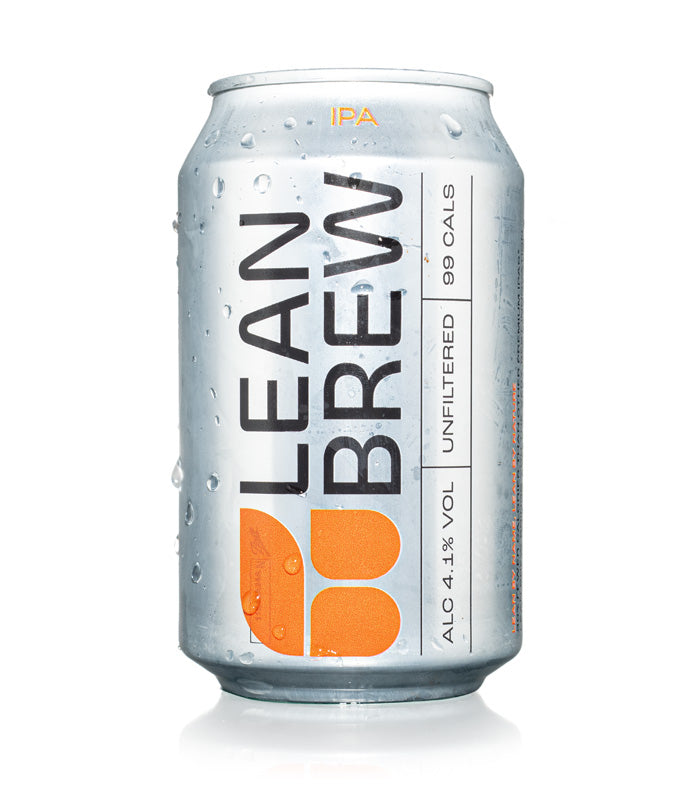
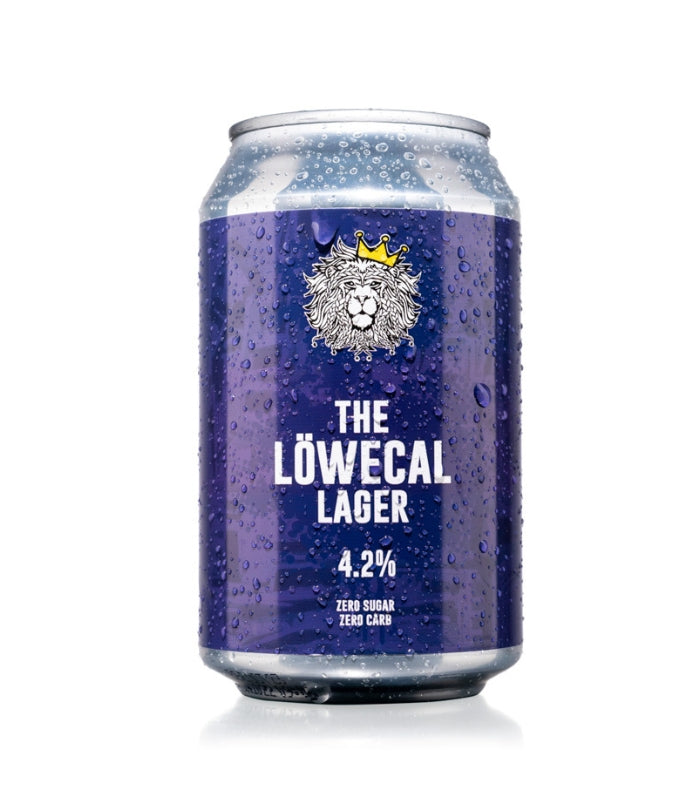

It’s only natural to want to know where your food comes from and what goes into making it. Many of us opt to buy organic products, and there is an increasing awareness among consumers about the impact that food additives have on both ourselves and the environment. But what about wine? You would be forgiven for thinking that wine doesn’t contain any additives, seeing as it is just made from fermented grapes. But that is not always the case, as this blog will discuss.
So…do Wines Contain Additives?
The quick answer is yes, wine does often contain additives! In its most simple form, winemaking involves growing and picking the grapes, crushing them, and letting the naturally occuring yeast turn the grape juice into wine. However, for various reasons, winemakers need, or choose, to add other substances into the mix to intervene with the natural process. But why would they do that?!
Like with many food and drink products, additives are commonly used in wine for convenience, to meet demand, and to maximise profit. Natural winemaking can be a long and sensitive process that is influenced by many variables. With grapes being a natural product, winemaking is very prone to hiccups - even the smallest of which, such as one bad grape, can spoil a whole batch of wine.
Whilst it is possible to control these sorts of variables if you are producing smaller quantities of wine, it becomes very difficult to do so when you are mass producing a wine. For example, if you need very large quantities of wine by a certain date, you need to pick and include all of the grapes, no matter how ripe or rotten they are. Therefore, over the years, winemakers have developed techniques and additives to help guarantee the quality of the end product.
So in summary, many wines do contain additives to help stabilize them and to enable winemakers to meet demand by making the process less open to variables and less volatile. There are over 70 additives approved for use in wines, and it is important to remember that they are all completely safe to consume. Many of them have been used for hundreds of years with no ill effects.
What Additives Do Wines Contain?
Let’s take a look at additives that are commonly used in winemaking, and the purpose they serve.
Sulphites
Sulphites are one of the most common wine additives, and you have probably seen bottles of wine that say they contain sulphites on the label. The term “sulphites” is the term given to a group of chemicals including sulphur dioxide and sodium or potassium metabisulphite. Sulphites serve a range of useful purposes when added to food and drink, including preventing browning and discolouration, increasing shelf-life and preventing the growth of bacteria and or fungi - helping to stabilise the wine.
Winemakers may add sulphites to wine to improve taste, shelf life and appearance, and they are particularly important in vintage wine, as a wine that had been kept in a cellar for many years would not be drinkable if it was not for the sulphites preserving its flavours and quality. Whilst sulphites are harmless to the vast majority of us, some people are allergic to sulphites, causing symptoms such as hives, swelling, itchiness, coughing, sneezing and nausea. Other additives that are also used to stabilise wine include Acetaldehyde, Dimethyl Dicarbonate (DMDC) and Potassium Sorbate.
If you are allergic to sulphites, or just prefer a more natural product, we have a number of low/no sulphite wines available at DrinkWell, such as the Stellar Running Duck range. Stellar are the world's top producers of no added sulphur wines, the purest expression of organic winemaking.
The vineyards are patrolled as organically as possible assisted by Indian Runner ducks, which act as natural pest removers. We have a number of different Running Duck varieties available for you to try here at DrinkWell, so no matter what your taste you will find one you like! These include rose, chenin, sauvignon blanc, merlot and shiraz, all for the great price of £9.99 per bottle.
Sugar
Ah, sugar. It’s hard to get away from it these days, and sadly wine is no exception. The process of adding sugar to wine is known as chaptalisation. Contrary to what you might expect, sugar is not added to create a sweeter taste. Instead, adding sugar to wine increases its alcohol content - by up to 3% ABV!
This is because the yeast consumes the sugar and ferments it into alcohol. Adding cane sugar to wine is actually illegal in some regions, including Australia, California and Southern France. However, in regions where grapes can struggle for ripeness, such as Bordeaux and Provence, it is acceptable to add sugar.
At DrinkWell, we know that many of our customers look to minimise their sugar consumption. That’s why we have a vast and ever growing range of zero added sugar and zero carb wines. From the whites, take a look at one of our current favourites, Diamond Bay - Chenin Blanc (£8.99 per bottle, 84 calories per 125ml). In the red wine camp, we love Il Caggio - Chianti (£9.99 per bottle, 82 calories per 125ml). Alternatively if you're wanting something a little different, our dry white sparkling wine could be your thing, so why not try the Slimline White Sparkling Wine (£13.99 per bottle, 75 calories per 125ml)
Yeast
Yeast is critical in winemaking, since it is responsible for converting the sugar from the grapes into alcohol. No yeast, no wine! There are two types of yeast used in winemaking:
Fining Agents
Fining agents are the reason that some wines are not suitable for vegans. All wines go through a fining process, which if left to its own devices takes a very long time. So, to speed the process up, some winemakers use substances called fining agents, which bind to the unwanted particles in the wine, making them big enough to be filtered out.
Animal based substances that are commonly used as fining agents for wine include egg whites, gelatin, casein (a milk protein), isinglass (obtained from fish bladders), chitin (fibre from crustacean shells) and fish oil. Not all fining agents are animal derived though - examples of vegan fining agents include bentonite clay, charcoal, vegetable gelatine, pea protein, limestone and plant casein.
It is not a requirement to display what fining agents have been used on the label of a bottle of wine, so working out what ones are suitable for vegans can be difficult. Your safest bet is to go for a wine that is labelled as ‘unfined’ or ‘unfiltered’, meaning that it was made without the use of a fining agent. Or, make things easy for yourself and choose a wine from DrinkWell’s substantial vegan wine collection. If you fancy a vibrant white, try the Crumsa Terres Rares Sauvignon Blanc (£10.49 per bottle, 89 calories per 125ml). Or for a fruity full-bodied red, order yourself a bottle of Carpineto 'Dogajolo' Toscana Rosso 2019 (£13.99 per bottle, 81 calories per 125ml).
Acid Control
The acidity level of a wine is key in determining how long it will last and how it will taste. In order to achieve the optimum acidity level, a winemaker may choose to use additives called de-acidifiers or acidifiers. De-acidifiers, such as Calcium Carbonate, reduce high acid levels and increase the pH. This is common practice in cooler regions where grapes do not always reach the required ripeness on the vines, so are too acidic. On the other hand, when there is not enough acidity in the wine, acidifiers are added, such as Tartaric Acid, Malic Acid and Citric Acid. This is needed more often in warmer regions where the grapes have a tendency to over-ripen.
Do Additives in Wine Contribute to the Calorie Content?
As we have already discussed, additives in wine are safe to consume, unless you have a particular intolerance. But what effect, if any, do they have on the calorie content of the wine? There has previously been little understanding around the impact that additives have on calories, but DrinkWell were keen to change that! We recently conducted our own laboratory research to try and understand this relationship, and it’s fair to say that we were pretty shocked by the findings.
After analysing the calorie content of 24 of the most popular supermarket wines, we found that additives used in wine production can add up to 25% more calories into the mix. If a wine is made without any additives, the only carbohydrate content in wine should be from residual sugar. For example, a clean glass of wine that contains 0.5g of sugar, should only contain 0.5g of carbohydrate.
For this reason, the only calories in wine should be from the residual sugar and from the alcohol itself, which has its own calorie content. However, our research found that in many mass produced wines, there is a big difference between the carb content and the sugar content. For example, we found that Echo Falls Pinot Grigio contained 22g of carbs per litre, but just 5g of sugar - a pretty significant difference. Similarly, Blossom Hill Reserve Merlot contained 3g of sugar per litre, but a staggering 25g of carbs.
This means that the rest of the carbs can be attributed to other additives to the wine, meaning that additives ultimately contribute to the calorie content of a wine - by up to 25%. So, whilst additives may be safe, they can push up the calorie count of your wine - another reason to look for ‘cleaner’ wines rather than mass produced wines.
Organic Wines Available at DrinkWell
Here at DrinkWell, we carefully handpick all of our wines to make sure they are of the highest quality. Therefore, in general, most of our wines contain less additives than standard wines because they are not mass produced and are created by using best-practice winemaking techniques. However, if you are specifically looking for wines that have been made without the use of pesticides, we have curated a collection of organic wines for you to pick from. Some examples of our current collection are below.
Wildsong Organic Syrah
Grown in organic vineyards in Hawke’s Bay, New Zealand, this is a seductive Syrah with some exotic spice. There’s dark berry and plum flavours on the palate with a sleek tannic feel and lovely peppery length. As well as being organic, this wine is suitable for vegans and gluten free. It also contains no added sugar, and just 0.12g of carbs! In a 125ml glass of this 13% ABV luxury red wine, you will find 93 calories. Treat yourself and order a bottle from the DrinkWell website for £16.99 today.
ThinK Prosecco 'Organic & Vegan'
Fizz fans, we’re here for you! ThinK Prosecco is a vegan wine and organic with reduced sugar and a reduction in calories. ThinK vegan Prosecco is made from the finest Glera grapes from the heart of Treviso, north-east Italy. ThinK have developed a Prosecco that is fresh, satisfying and luxurious - and a great way to celebrate any occasion! As well as being gluten free and vegan, this Prosecco is also zero carb, making it suitable for those on a keto diet. It also contains just 77 calories per 125ml - it’s not often we get a product so perfect! Try it for yourself and order a bottle from the DrinkWell website for £16.99.
Mesta Organic, Uclés, Verdejo 2019
This crisp aromatic wine comes from the high-altitude vineyards of Central Castile, Spain. The vineyards are sustainably managed and organically farmed as part of an integrated ecosystem. The intense fruitiness of this low-calorie wine is retained with a remarkable freshness due to the temperature changes in the vineyards, which encourages the grapes to reap the benefits. Fresh notes of pear, grass, fennel and white pepper lead to a dry and refreshing palate, with excellent balance and a citrus finish. One 125ml glass will provide you with 83 calories and 0.49g of carbohydrates. If you like what you are reading, you can find this wine on the DrinkWell website for £9.49 per bottle.
Shop Organic Wines